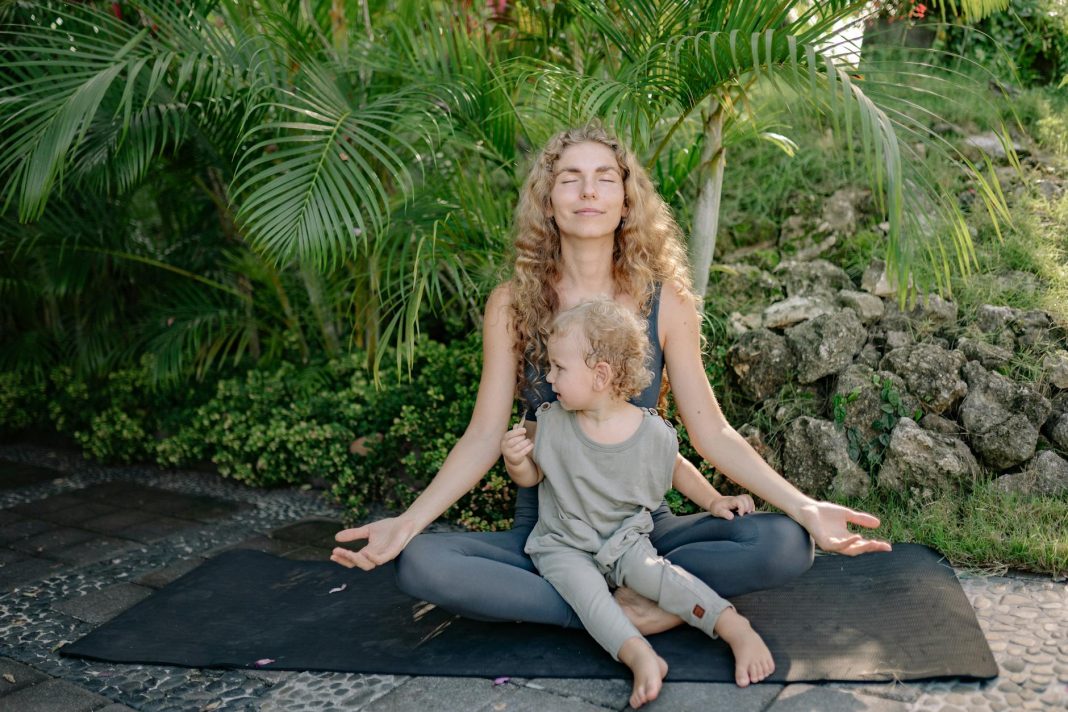Parenting is a wild ride, isn’t it? One minute you’re marveling at their tiny fingers, the next you’re battling a mysterious rash or deciphering the meaning of a cryptic toddler gurgle. Navigating the world of children’s health can feel like learning a new language, but don’t worry, we’re here to help you decipher the code. This isn’t a medical textbook, it’s a friendly chat about keeping your little ones healthy and happy.
Physical Health: The Building Blocks
Think of a child’s body like a sturdy castle. You need strong foundations (nutrition!), robust walls (sleep!), and a reliable moat (hygiene!) to fend off the dragons (illnesses!).
Nutrition: Fueling the Fun
Forget the picky eater battles (for now!). Focus on offering a variety of healthy foods. Think colorful fruits and veggies, lean proteins, and whole grains. Don’t stress about perfection; progress is key. A little bit of everything goes a long way. Limit sugary drinks and processed foods. Making healthy eating a family affair can make it more enjoyable for everyone.
Sleep: The Body’s Repair Shop
Sleep isn’t a luxury; it’s a necessity! Adequate sleep is crucial for growth, development, and immune function. Establish a consistent bedtime routine to signal the body it’s time to wind down. Create a calming environment – dim lights, quiet stories. The recommended sleep hours vary by age, so check with your pediatrician for age-appropriate guidelines.
Hygiene: The Germ-Fighting Force
Handwashing, handwashing, handwashing! It’s the unsung hero of illness prevention. Teach your kids to wash their hands thoroughly and frequently, especially before meals and after using the bathroom. Regular showering and clean clothes also play a vital role in keeping germs at bay.
Common Childhood Illnesses: The Usual Suspects
No amount of preventative measures can completely eliminate the chance of illness, but understanding common ailments can help you navigate them with more confidence.
The Common Cold: The Everyday Battle
Rest, fluids, and lots of cuddles are your best weapons against the common cold. Over-the-counter medications are generally not recommended for young children, unless advised by a doctor. Focus on symptom relief, like saline drops for a stuffy nose.
The Flu: A More Serious Challenger
The flu can be more severe than a cold, so it’s crucial to consult your doctor. The flu vaccine is a powerful tool in prevention. Keep your child home from school or daycare if they’re exhibiting flu symptoms. Raising Healthy Humans: A Parent's Guide to Childhood Wellness
Ear Infections: The Tiny Terror
Ear infections are common, especially in young children. Symptoms include ear pain, fever, and irritability. Your doctor can diagnose and treat ear infections with antibiotics if needed.
Stomach Bugs: The Unexpected Upset
Stomach bugs, or viral gastroenteritis, are highly contagious. Focus on keeping your child hydrated and providing bland foods like toast or broth. Avoid sugary drinks.
Mental Health: The Unspoken Needs
Physical health is only part of the equation. A child’s mental and emotional wellbeing is just as important.
Building Resilience: Equipping Them for Life
Help your child develop coping mechanisms for stress and challenges. Teach them to express their emotions healthily, whether it’s through talking, drawing, or playing.
Social-Emotional Learning: The People Skills
Encourage your child to interact with others, develop empathy, and build positive relationships. Participating in group activities and playing with peers can significantly benefit their social-emotional development.
Seeking Help: Knowing When to Ask
If you’re concerned about your child’s mental health, don’t hesitate to seek professional help. Early intervention is key. Talk to your pediatrician or a mental health professional.
Wellness Habits: The Everyday Rituals
Building healthy habits is a marathon, not a sprint. Incorporate these simple practices into your daily routine:
- Regular exercise: Encourage physical activity through playtime, sports, or simply going for walks.
- Mindfulness practices: Introduce simple mindfulness exercises like deep breathing or meditation.
- Family time: Prioritize quality time together, free from screens and distractions.
- Open communication: Create a safe space where your child feels comfortable talking about their feelings.
Parenting is a journey, not a destination. There will be bumps in the road, but remember that you’re not alone. Celebrate the small victories, learn from the challenges, and prioritize both the physical and mental wellbeing of your little ones. You’ve got this!

